Réunion Island is top spot for shark attacks, podcast says
Réunion Island, a French territory situated in the Indian Ocean, is said to have gorgeous waterfalls and some of the best rum in the world. The beaches are idyllic, the water is warm — and, according to a new podcast, it is the world’s No. 1 shark attack location.
“From 2011 until 2019, there was a terrible uptick in the density of [bull] sharks there,” Dan Duane, host of “Réunion: Shark Attacks in Paradise,” which examines Réunion Island and the bloody onslaughts that have turned it into a deadly destination. “The French call them bulldog sharks, but pit bull is more appropriate. They thrash and tear.
“These are f–king horrifying things.”
Shark attacks are so rampant around the island that swimming and surfing are banned everywhere except for on coral lagoons.
As to how many bull sharks there are around the island, Duane told The Post that estimates vary wildly: “There are anywhere from 300 to 3,000.”
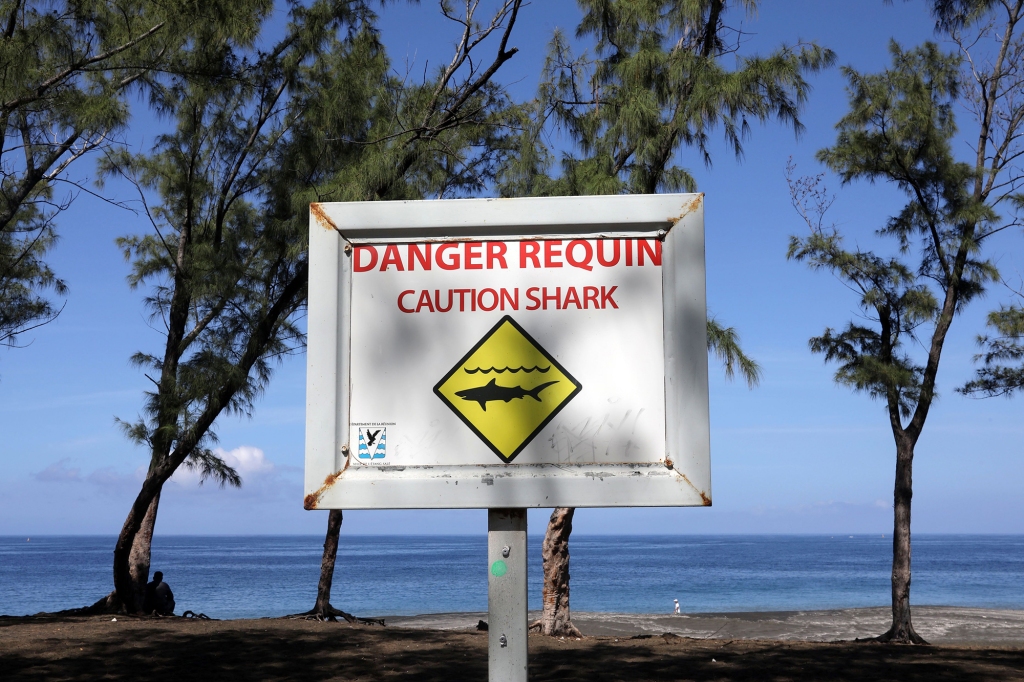
Along the island’s 20 miles of coastline, 11 people have died in shark attacks since 2011 and eight more have been maimed. Despite it all, Réunion attracted a record-setting 500,000 tourists in 2017.
“In the space of two months, on this small stretch of sand, one guy [got] a leg bitten off, two guys [got] chewed to pieces, another guy [got] his canoe bitten in half,” Duane said. “And the same thing replicates year after year.”
Richard Martyn Turner, a 44-year-old Brit who was vacationing on Reunion Island with his wife in 2019, got attacked and killed while snorkeling. Police found no trace of him but Turner’s wife was able to confirm that he had been attacked by a shark after one was caught and X-rayed. Inside the fish’s stomach: a hand still wearing his ring.
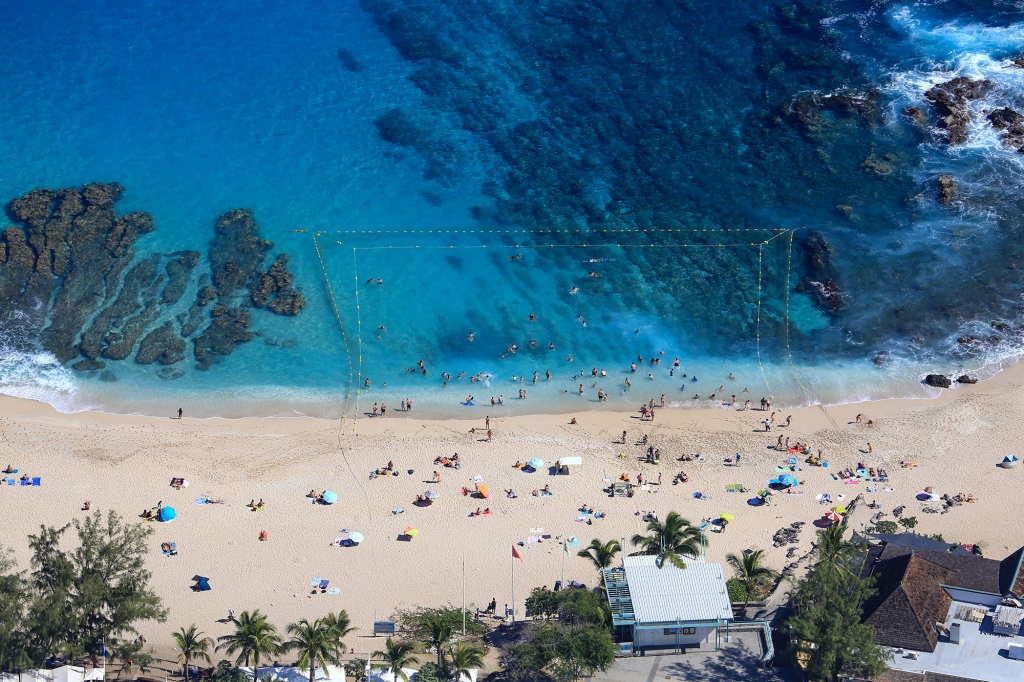

Sometimes the attacks happen because people are in the wrong places at the wrong times. Kim Mabouli, a 28-year-old French tourist, was attacked in 2019 while surfing in an area where swimming was not permitted. The board was found ahead of his remains.
As for why the island waters, some 420 miles east of Madagascar, are so shark-infested, experts attribute it to the area being part of a so-called “shark highway,” where the man-eaters travel between Australia and South Africa. It also may be impacted by the fact that there is little incentive to hunt sharks on an island where the selling of shark meat is illegal.
But natives have a solution that they hope will thin the shark population and make the waters safer for tourists and locals — many of whom are in an uproar over having their surfing spots taken away.
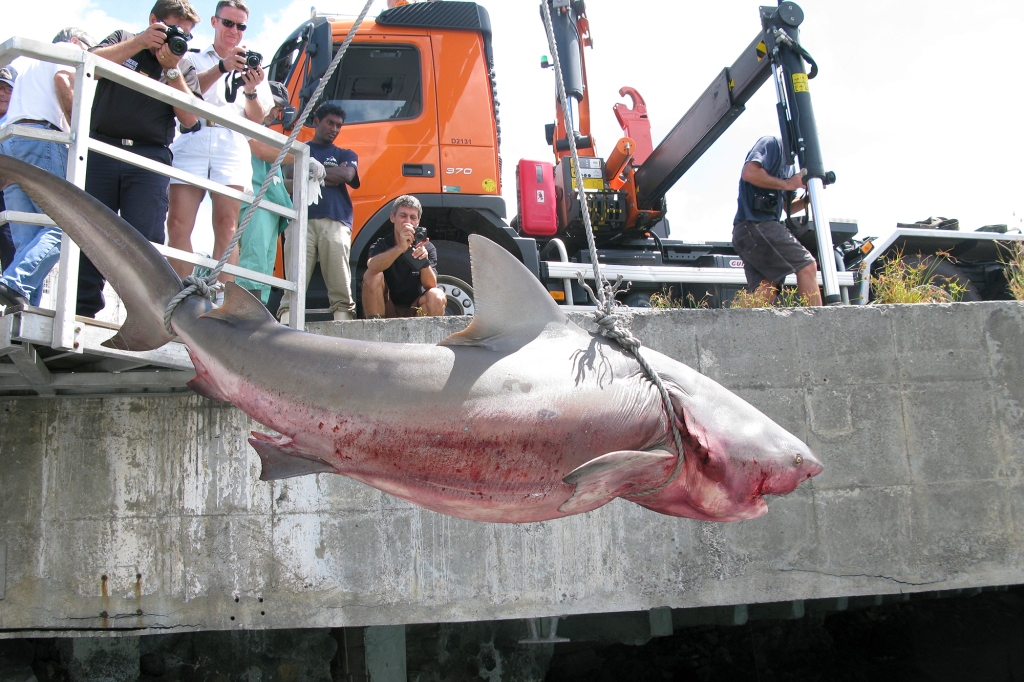
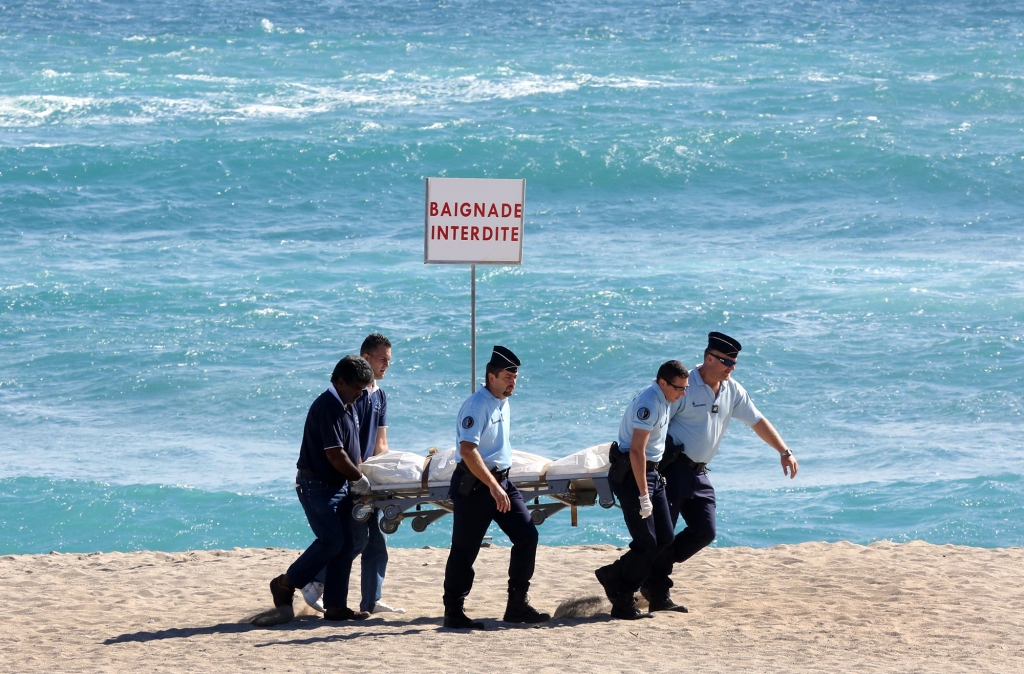
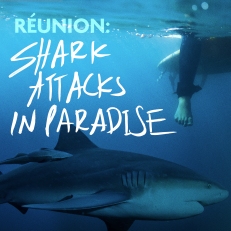
“They’re killing the sharks with these things called drumlines,” Duane, who worked on the podcast with Hollywood director and producer Adam McKay (“The Big Short,” “Anchorman: The Legend of Ron Burgundy”), told The Post. “It’s a big baited hook, anchored to the ocean’s bottom. The shark bites the hook and gets stuck. They keep a fisherman on call, 24/7, 365 days per year.”
Once a shark is hooked, the fisherman gets notified of the coordinates. “He has 90 minutes to get there,” said Duane. “If it is a non-targeted [sea creature], it gets released. If it is a bull shark, they shoot it. The current count is that they have killed 135 sharks since 2014.
The technique is not without some controversy. “There have been arguments over how to stop this from happening,” said Duane, referring to the shark attacks. “Is it OK to kill sharks? Does killing sharks even work? It seems to be working. The last attacks were in 2019. So they seem to have gotten it under control.”
Meanwhile, a special underwater fencing designed to keep the predators out has been tested — but that may not be enough to quell the vicious sharks around Réunion Island.
As Duane said: “The attacks are all pretty gruesome. Traumatic experiences of people being bitten apart.”
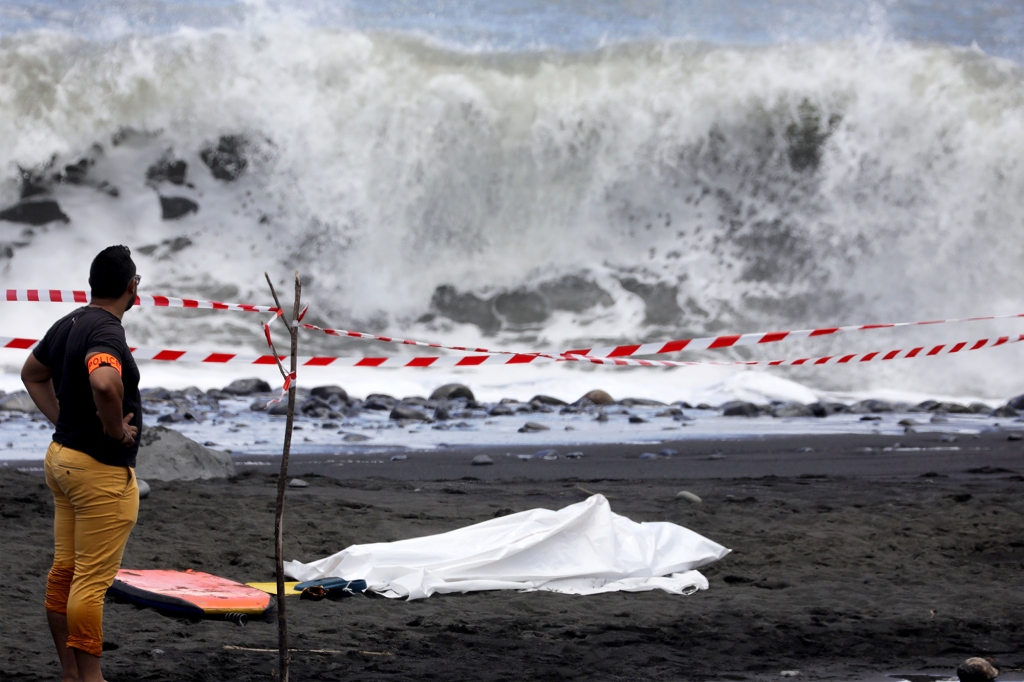
Read the full article Here


